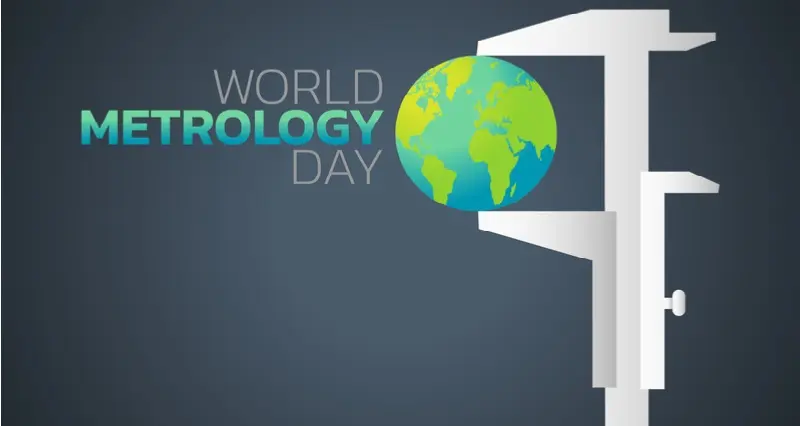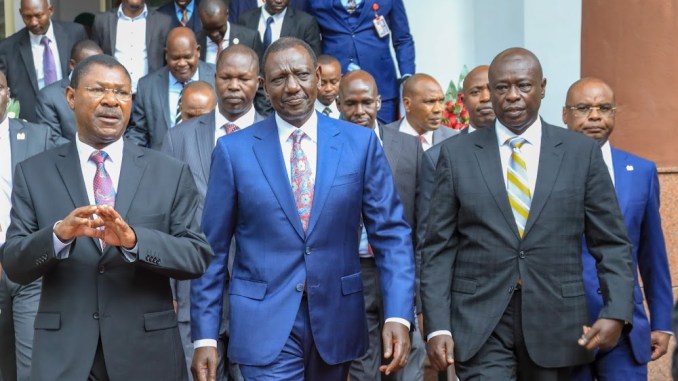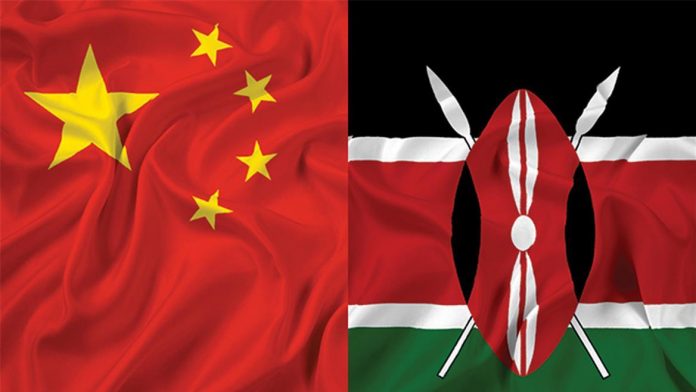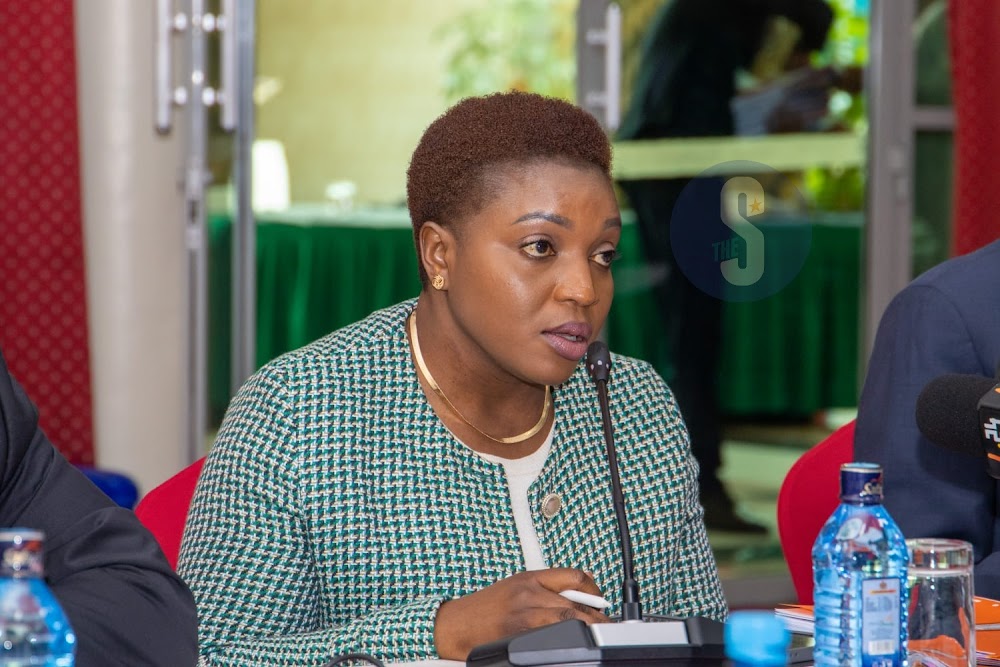In a groundbreaking stride towards reshaping Kenya’s educational landscape, President William Ruto received a transformative report from the Presidential Working Party on Education Reforms at State House on August 1, 2023. This monumental step heralds the dawn of a new era in education, one characterized by inclusivity, innovation, and an unwavering commitment to addressing the diverse needs of Kenyan learners.
Handpicked by President Ruto himself, the 49-member team embarked on a vital mission: to reimagine the Competency-Based Curriculum (CBC) following concerns raised by parents and other stakeholders. Recognizing the vital importance of ensuring equitable access to education, especially for marginalized groups, vulnerable populations, and individuals with special needs and disabilities, the task force sought the collective wisdom of Kenyans to shape the future of learning.
The fruit of this monumental endeavor manifests in a comprehensive set of key proposals that stand poised to revolutionize the education sector, making it more responsive, accessible, and dynamic. These proposals, born from comprehensive deliberations, address every facet of education, creating an environment that nurtures the full potential of each Kenyan learner.
Streamlining the Curriculum
The Kenya Institute of Curriculum Development (KICD) is set to embark on a transformative journey, reducing the number of subjects across various educational levels. Lower primary from 9 to 7, upper primary from 12 to 8, junior school from 14 to 9, pre-primary to have 5, and senior school to have 7. This recalibration aims to enhance comprehension, depth of learning, and overall relevance by aligning learning objectives more effectively.
Enhancing Funding and Scholarships:
A pivotal stride towards ensuring quality education for all, the proposed increase in school capitation signals an unequivocal commitment to nurturing the nation’s future leaders. Adjustments in capitation and grants every three years ensure sustained growth for schools. Coordinated bursaries and scholarships under the Kenya Basic Education Bursaries and Scholarship Council empower students from all backgrounds.
Safety Net for Smaller School
Implement a minimum essential package to cushion schools with enrolment below the optimum level. The recommended amounts are Sh 70,200 for pre- primary; Sh 537,120 for primary level; Sh 2,030,805 for junior school; Sh 3,041,145 for senior school; and Sh 1,890,000 for special needs education. Acknowledging the unique challenges faced by smaller institutions, the minimum essential package will provide a cushion for schools with enrollment below the optimal level, fostering a nurturing learning environment.
Developing Holistic School System
The Ministry of Education’s adoption of a Comprehensive School System (PP1 — Grade 9) envisages a seamless educational journey from pre-primary to junior school. The removal of the “secondary” distinction underscores a commitment to a continuum of learning that bridges gaps and enhances coordination.
Fostering Community Engagement
Instilling a sense of responsibility and community engagement, a mandatory three-month community service program for senior school graduates before joining tertiary institutions is on the horizon. This initiative seeks to foster civic consciousness and a sense of duty.
Post-Tertiary Service
Graduates of tertiary institutions will embark on a nine-month mandatory community service program, earning a certificate of compliance as a testament to their dedication to the nation’s welfare.
Reimagining School Categorization
Discontinue the current categorization of public secondary schools (National, Extra-county, County, Sub-county), and adopt a categorization based on career pathways for senior schools. The reclassification of public secondary schools based on career pathways promises a more nuanced approach to education, catering to diverse talents and aspirations.
Teacher Development
The introduction of a one-year mandatory retooling program for pre-service training graduates, coupled with a year-long internship before teacher registration, ensures educators are well-prepared to impart knowledge effectively.
Equitable University Financing
The adoption of a sustainable financing model for university education, encompassing grants, scholarships, loans, and household contributions, promises equitable access to higher learning.Integrated Tertia






